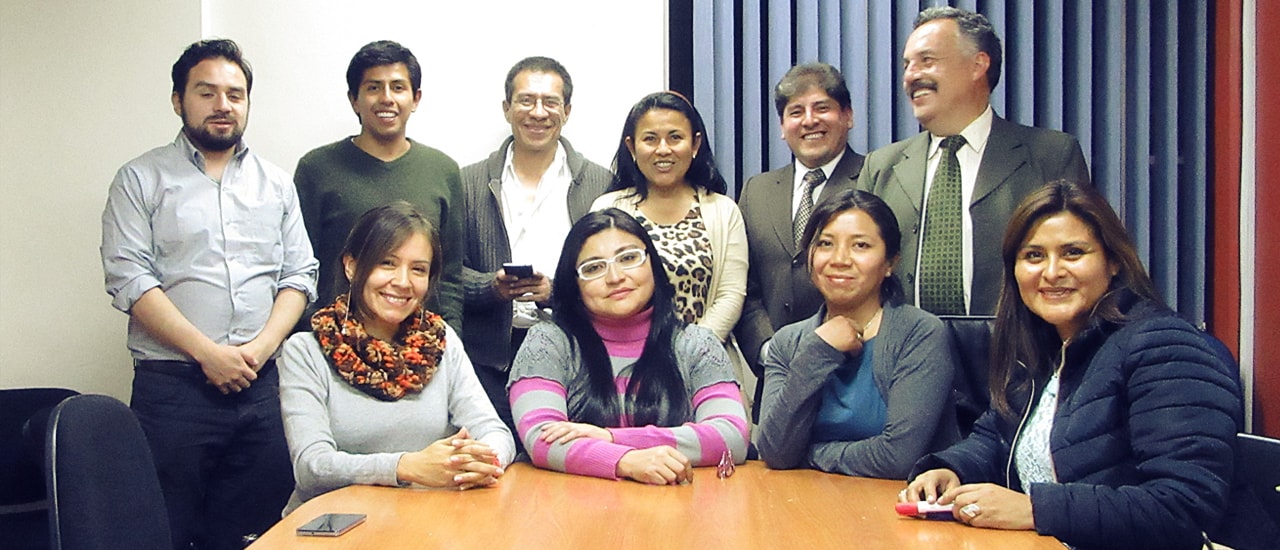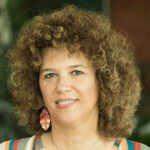As players in the development of the Internet in the world, the academic and scientific communities of the five continents have made important efforts to establish National Research and Education Networks (NRENs) to interconnect universities and research centers to exchange information at a regional level. Examples of these networks are GÉANT in Europe, Internet 2 in the United States, and RedCLARA (Latin American Cooperation of Advanced Networks) in the Latin American region.
The Bolivian academic sector is made up of more than 60 universities with half a million students and 20,000 teachers. Unfortunately Bolivia is the only country that is not connected to RedCLARA. Bolivia not only lacks connection with any NREN, but also has not managed to constitute its own National Academic Scientific Network. Since 2002, several attempts have been made, involving more than 30 universities in the country. As a result, the statutes and regulations of the Bolivian Integration Academic Network (RIAB) have been drafted.
The project Red Academica Boliviana, led by the Internet Society Bolivia Chapter and supported by Beyond the Net Funding Programme, has a long-term goal: to lay the foundations that will strengthen the development of research and education in Bolivia through the innovative use of advanced networks. The aim is to consolidate the institutional framework of the “Bolivian Integration Academic Network” and connect to RedCLARA, a network dedicated exclusively to research and academic communities, where the data transfer is never affected by the logjams that take place in the commercial Internet, which clearly enhances the results of research.
Roberto Zambrana, project manager, explains the current conditions of Internet Services in Bolivian academic sector: “In Bolivia, the smallest university, with about 1,500 students, has broadband services offering 10 Mbps for the entire university. On the other side, the largest university with more than 80,000 students, barely has 500 Mbps. This shows the poor quality of the service offered. The costs are also very high for the education entities.”
How will the academic community benefit from this project?
Bolivia is the only country in the region that is not connected to RedCLARA, which limits other alternatives that could allow access to contents available to members of the education networks. As soon as the National Academic Network, consisting of public and private universities, is consolidated, it will be possible to articulate its activities, promote collaborative research, complement the academic offer with remote courses, and take advantage of new opportunities. In addition, assuming the existence of a single entity that represents the interests of all universities members, it will be possible to provide better services through high-speed connectivity infrastructures. The direct beneficiaries will be all the members of the Bolivian academic community: students, teachers, and researchers, who exceed 500,000 people.
What are the main stages for the project development?
The first step is to organize the whole agenda with relevant people: university directors, executives of the associative entities, and authorities of the government agencies. When all these people are identified, we are planning to invite them to a meeting held in the city of Cochabamba, an equidistant location to different parts of the country. From this start-up meeting, which will be complemented with telephone and videoconference conversations, nine workshops will be planned and organized in nine departmental capitals of the country. The purpose of the workshops is to define in technical and economic detail how to achieve the commitment of participating universities. In a second phase, we will organize technical meetings to define the thematic agenda. ISOC Bolivia will provide all the methodological contribution and systematization of results. Finally, we will organize meetings with cooperation entities, telecommunications service providers, and other key people such as CLARA Network executives, with the purpose of connecting the members of our network to RedCLARA.”
Do you have a great idea to make your community better via the Internet? Apply for a Beyond the Net grant, which funds projects up to $30,000 USD, and follow Beyond the Net on Twitter!

